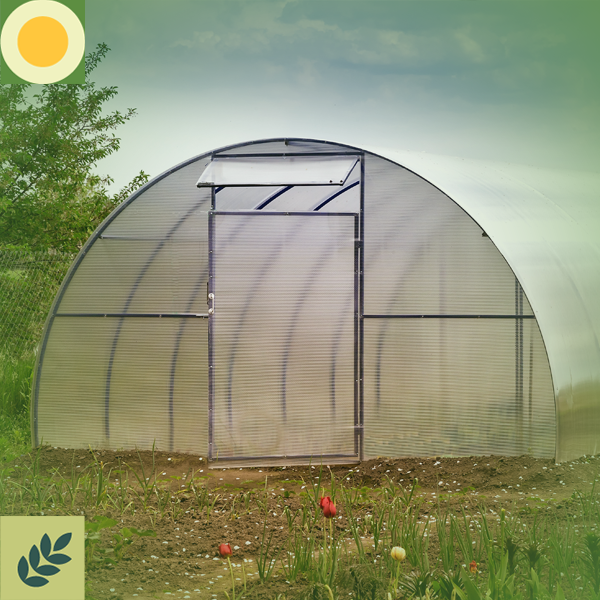



Tunnel structures, also known as hoop houses or polytunnels, are essential in modern agriculture for protected farming. These structures consist of arched hoops covered with polyethylene film, creating a controlled environment to shield crops from adverse weather conditions.
Tunnels provide protection against environmental factors such as wind, rain, hail, frost, and excessive sunlight, fostering a microclimate conducive to crop growth. They regulate temperature by trapping solar radiation during the day and minimizing heat loss at night, extending the growing season and improving yield potential.
Their versatility allows farmers to cultivate crops earlier in the spring and later in the fall, diversifying production and increasing market competitiveness. Tunnels act as a physical barrier against pests and diseases, reducing the need for chemical interventions. They also facilitate efficient water management, conserving resources and minimizing risks like waterlogging or drought stress.
Customizable to different crops and climates, tunnel structures enhance productivity and resource efficiency. Despite initial costs, they offer a high return on investment by improving crop quality and marketability. Tunnel farming contributes to sustainable food systems by optimizing production, mitigating climate risks, and ensuring year-round, locally grown produce. Overall, tunnel structures are invaluable for protected farming, offering benefits from crop protection to economic viability.